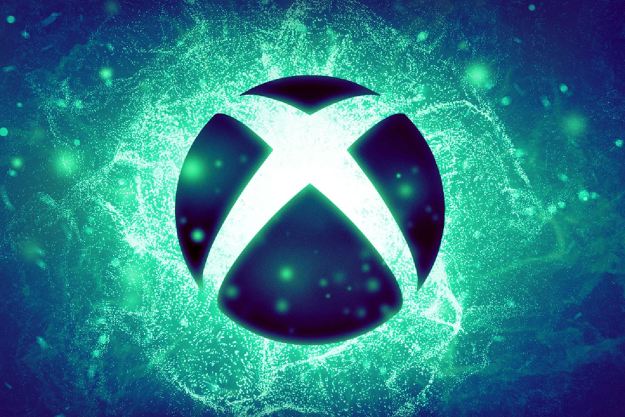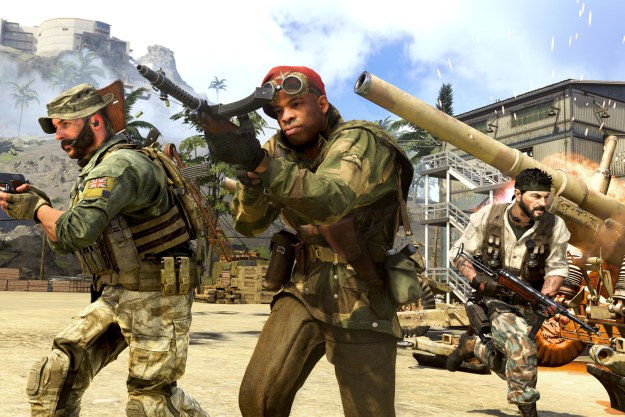 Gamers are really into tweaking their gear for fun and to achieve the best performance during gameplay. PC gamers overclock their hardware to get more performance for less money and console gamers have modded their Xbox 360 consoles for many reasons (some for innocent reasons, some for nefarious reasons).
Gamers are really into tweaking their gear for fun and to achieve the best performance during gameplay. PC gamers overclock their hardware to get more performance for less money and console gamers have modded their Xbox 360 consoles for many reasons (some for innocent reasons, some for nefarious reasons).
Microsoft appears to feel that the only reason to mod an Xbox 360 is to allow the console to play pirated download software. A law firm based in Texas that specializes in IP has launched a new website to gather Xbox 360 users who have been banned for modding their consoles. The main goal of the firm is to find out whether there are enough console owners that were banned to start a class action suit against Microsoft.
The law firm wrote on its website, “Microsoft has chosen to use one of the most indiscriminate ‘weapons’ in its arsenal in an effort to combat piracy — as a result, use of this ‘weapon’ has resulted in a great deal of collateral damage — many people were affected who had nothing to do with piracy.”
According to the law firm, AbingtonIP, the bans were strategically timed so that they didn’t interfere with the sales and new Xbox Live registrations that were seen around the launch of HALO ODST and the recent launch of Modern Warfare 2. AbingtonIP states that had the bans happened before the launch of these games the profits reaped by Microsoft would have been diminished.
So far the Xbox 360 ban has led to more than 1 million consoles being banned from the network with the official recourse for the banned players being to buy a new console and not mod it this time around. A potential fix for banned consoles that doesn’t involve buying a new Xbox 360 surfaced. The workaround is called iXtreme LT and the goal of the workaround is to provide a minimum amount of security checks and make the firmware as close to stock as possible to avoid detection and the resulting ban.
The fix arrived but was rather complex and required that the Xbox 360 not have been updated or the player to have access to the CPU key of the console. DailyTech has also spoke with an attorney — Jeffrey Johnson — about the banning of Xbox 360 console form the Xbox Live network.
Microsoft’s official statement on the banning of certain consoles reads, “Our commitment to combat piracy and support safer and more secure gameplay for the more than 20 million members of our Xbox Live community remains a top priority,” he wrote. “All consumers should know that piracy is illegal, and that modifying their Xbox 360 console to play pirated discs, violates the Xbox Live terms of use, will void their warranty and result in a ban from Xbox Live.”
Editors' Recommendations
- For Microsoft, indies aren’t Game Pass extras. They’re the future of Xbox
- Every blockbuster reveal from the Xbox leak: new consoles, Bethesda games, and more
- The impending Xbox 360 Store closure makes me wary of Game Pass’ future
- All Xbox home screens are getting a PS5-style makeover starting today
- Your Xbox Live Gold subscription will turn into Xbox Game Pass Core this September


